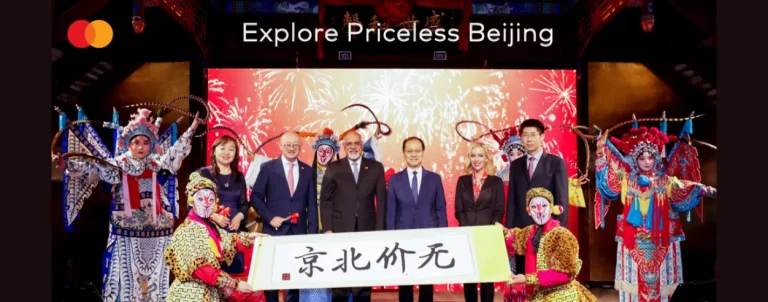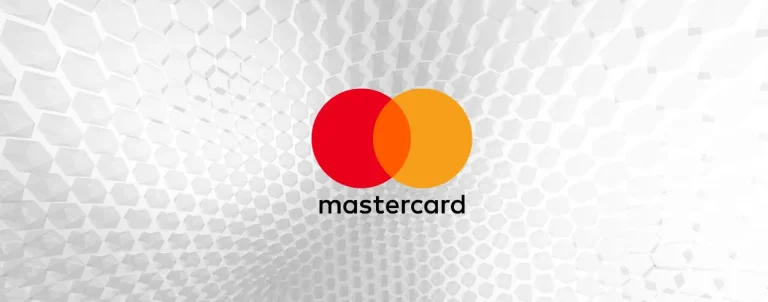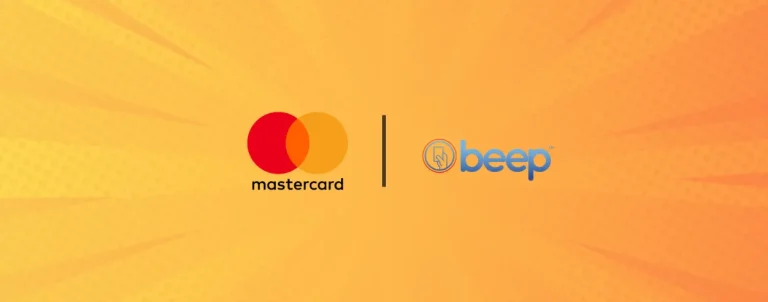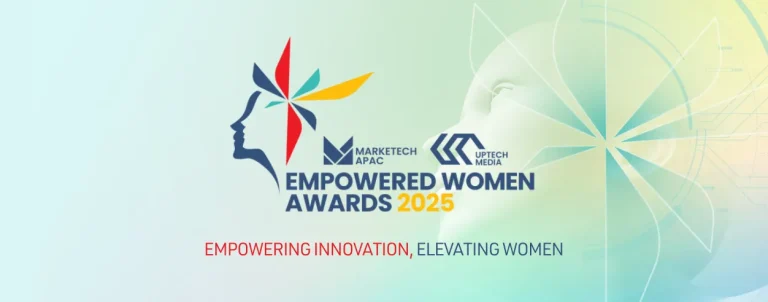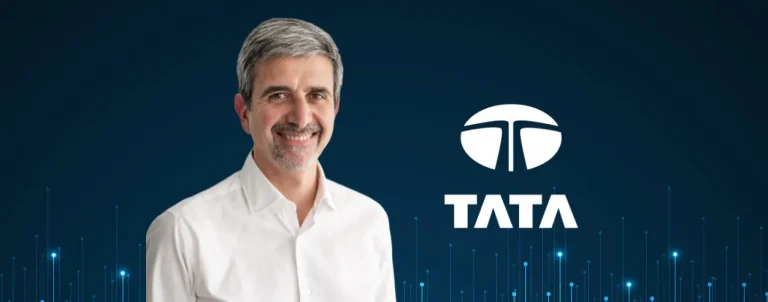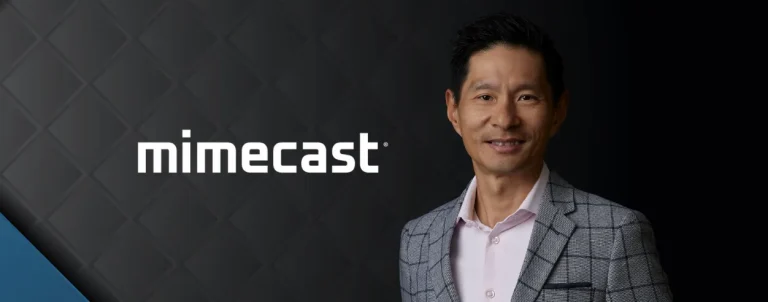Singapore – Mastercard, a global company in the payment industry, has recently announced the launch of Bill Qkr, designed to streamline the payment process among consumers.
For this initiative, the company will offer faster card bill payment solutions, enabling merchants, acquirers, payment facilitators, and service providers to enhance their respective customer experiences. The said move will further enhance trust and improve the success of collections, addressing customer needs wherever they are with flexible, cost-effective, and efficient options.
According to the firm, the solution aims to address the challenges in tokenisation, where it will now allow cards to be safely stored on a merchant’s site for recurring payments.
Upon card expiration, merchants can be securely updated with a new token, ensuring future transactions continue without any interruption. Billers can also automatically submit ongoing invoices, especially for fixed or recurring payments like monthly insurance premiums.
Meanwhile, for bills that change month-to-month, consumers can utilise QR codes on their paper bills or online statements; simply click a button and use their saved payment credentials to pay. Guest checkout can then be made simple and easy with Click to Pay, bringing the same convenience that people experience in the physical world online.
Ultimately, merchants can achieve higher approval rates and offer an improved experience for cardholders by leveraging intelligence guidance to reduce addressable payment declines.
“Card-based payments are chosen daily by consumers, yet they remain significantly underutilised for bill payments,” commented Jennifer Marriner, executive vice president, Global Acceptance at Mastercard.
She further added, “With Mastercard Bill Qkr, we’re bringing our cutting-edge payment technologies together with our longstanding, global approach to collaboration. This allows us to not only innovate in bill payments for our customers but also to create better ways to transact and strengthen trust for the wider ecosystem.”






